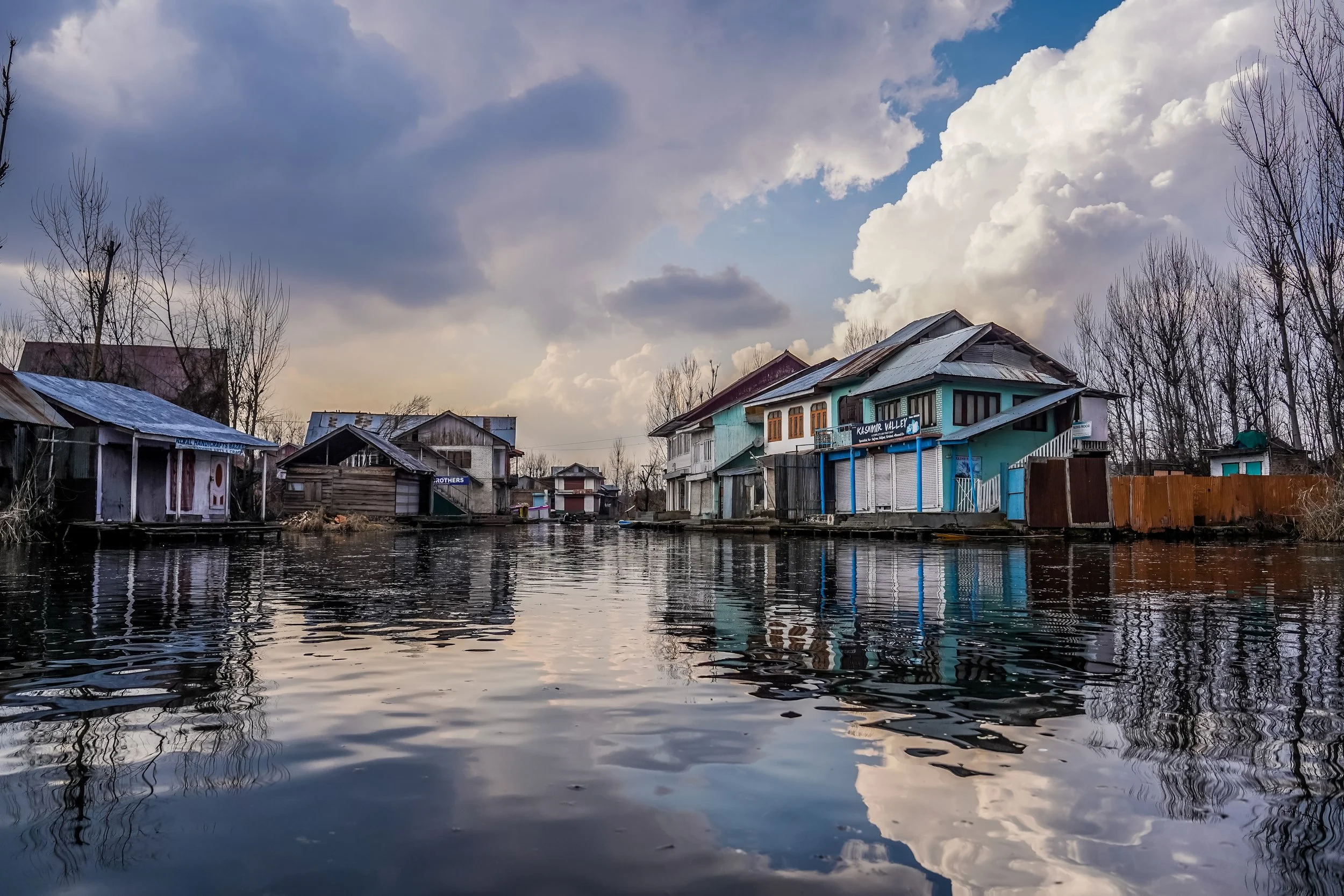Written by Tamara Shamir, JD Candidate at Harvard Law School
Halfway through law school, my best law school friend and I drove to the Texas-Mexico border with another student for “J-term” – a brief internship with Proyecto Corazon (Project Corazon) at Lawyers for Good Government. I didn’t know exactly what to expect. I had heard a lot about my supervisor, Priscilla Orta, and admired her mix of aggressive border patrol watchdog and responsive community lawyering. But I questioned what, exactly, a law student could do to join her, especially with so little time.
The answer was a lot – far more than I could have imagined.
I won’t try to give a full account of the days I spent there – intensely engaging, at times infuriating, often wildly joyful. I volunteered in the welcome center; I received intensive, lengthy, and highly useful lectures from Priscilla; I provided – together with my friend – direct service to asylum seekers. Above all, I regained my conviction about the value of community lawyering.
It’s easy to lose conviction in law school. The law is murky, ambiguous, and often used as an instrument of evil, not good. Lawyers enable and advance a system so procedurally unwieldy and ornate that it is difficult to see lawyering as anything but the entrenchment of inaccessibility, or the entrenchment of hierarchies in accessibility.
But when my friend and I had finished our first discrete legal task – a work permit application, submitted online – all the uncertainties and intellectualizing fostered by law school faded. I remember it well – we were eating waffles covered in dulce de leche, somewhat elated. The work permit had felt critical, and its submission was a step forward – our client did not have a safe housing arrangement and had already been exploited for labor because of it. The work permit would open a pathway to formal work, higher wages, and, we hoped, to eventual safety and stability.
“It’s just – it’s so doable,” my friend said – of the application we had submitted (although it had taken four hours working together to figure out the opaque online portal), of providing direct service, of ameliorating emergencies, of obtaining small and crucial remedies. “It’s so deeply doable.”
To my surprise, I felt a tremor of pleasure, followed by sudden grief.
“I know,” I managed to respond.
It’s just so deeply doable, the work. By doable, I don’t mean easy; it’s hard, by design, choked by difficult procedural constraints that I’ve learned to conceptualize as a bureaucratic border wall, a guarantee that people without legal counsel cannot make it on their own. It’s so hard, I sometimes remind myself, that the same people who had the resourcefulness, resilience, and sheer will to make journeys across multiple countries – journeys whose difficulties often stretch well beyond the limits of my imagination – can very rarely gain access to the remedies they need to secure their safety.
But it’s workable. One by one, case by case, you can chip holes into the bureaucratic wall and carve out a pathway to the legal relief people need. There are no kaleidoscoping normative results; there is no analysis of the entrenchment of hierarchy through procedure.
On the ground, there’s an individual or a family and a set of discrete actions that need taking. Action—good action—is doable. There’s also a grief to it – the doability – because it so rarely gets done.
“I don’t understand what people do without lawyers,” my friend said almost daily during our time at the border; the answer being, of course, that they never gain access to rights and remedies.
“I was reminded, vividly, of what drove me to law school in the first place – the steepness of the immigration system, the scale of need, the possibility of frontline, direct relief – for a long time. ”
It took just a few days at the border to bring me back to the revelation that drove me to law school in the first place (and to undo the effects of its pedagogy): to grasp, viscerally, the realness of systems, the possibility of forging narrow paths through them, and the worth of doing so.















